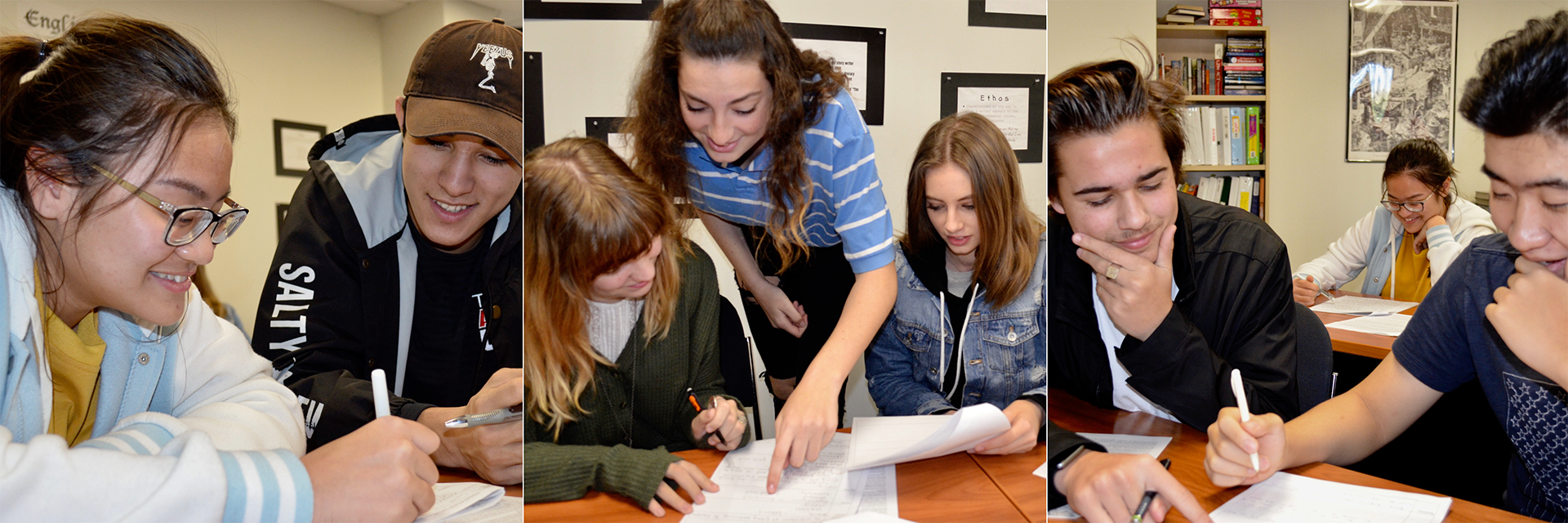
AP Biology
Course Description
Download Course Description (PDF) Off-Campus Permission Form (PDF)
PREREQUISITE: Students should have successfully completed high school courses in biology and
chemistry with a grade of B or higher.
AP Biology is an introductory college-level biology course. Students cultivate their understanding of biology through inquiry-based investigations as they explore the following topics: evolution, cellular processes — energy and communication, genetics, information transfer, ecology, and interactions.
AP Biology Course Content The course is based on four Big Ideas, which encompass core scientific principles, theories, and processes that cut across traditional boundaries and provide a broad way of thinking about living organisms and biological systems.
The following are Big Ideas:
- The process of evolution explains the diversity and unity of life.
- Biological systems utilize free energy and molecular building blocks to grow, to reproduce, and to maintain dynamic homeostasis.
- Living systems store, retrieve, transmit, and respond to information essential to life processes.
- Biological systems interact, and these systems and their interactions possess complex properties.
Science Practices Students establish lines of evidence and use them to develop and refine testable explanations and predictions of natural phenomena. Focusing on these disciplinary practices enables teachers to use the principles of scientific inquiry to promote a more engaging and rigorous experience for AP Biology students. Such practices require that students:
- Use representations and models to communicate scientific phenomena and solve scientific problems;
- Use mathematics appropriately;
- Engage in scientific questioning to extend thinking or to guide investigations within the context of the AP course;
- Plan and implement data collection strategies in relation to a particular scientific question;
- Perform data analysis and evaluation of evidence;
- Work with scientific explanations and theories; and
- Connect and relate knowledge across various scales, concepts, and representations in and
- across domains.
Inquiry-Based Investigations Twenty-five percent of instructional time is devoted to hands-on laboratory work with an emphasis on inquiry-based investigations. Investigations require students to ask questions, make observations and predictions, design experiments, analyze data, and construct arguments in a collaborative setting, where they direct and monitor their progress.
Text: Campbell Biology 9th Ed. by Reece et al. Benjamin Cummings Publisher, 2010.
Parents of public school students must print out a course description to give to their child’s counselor along with an off-campus permission form.

